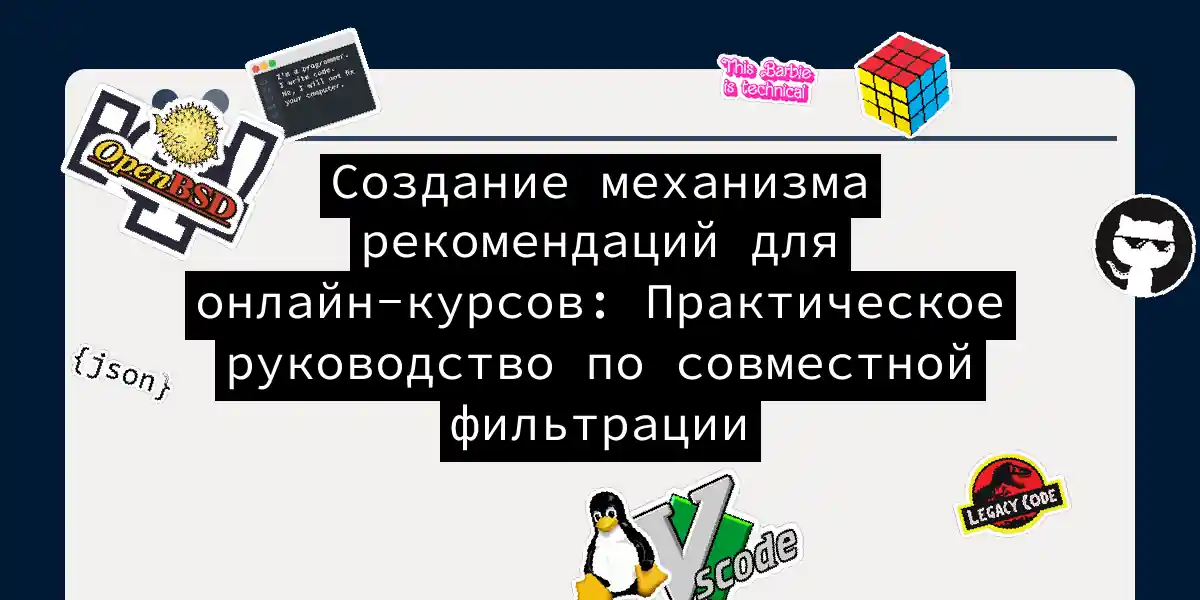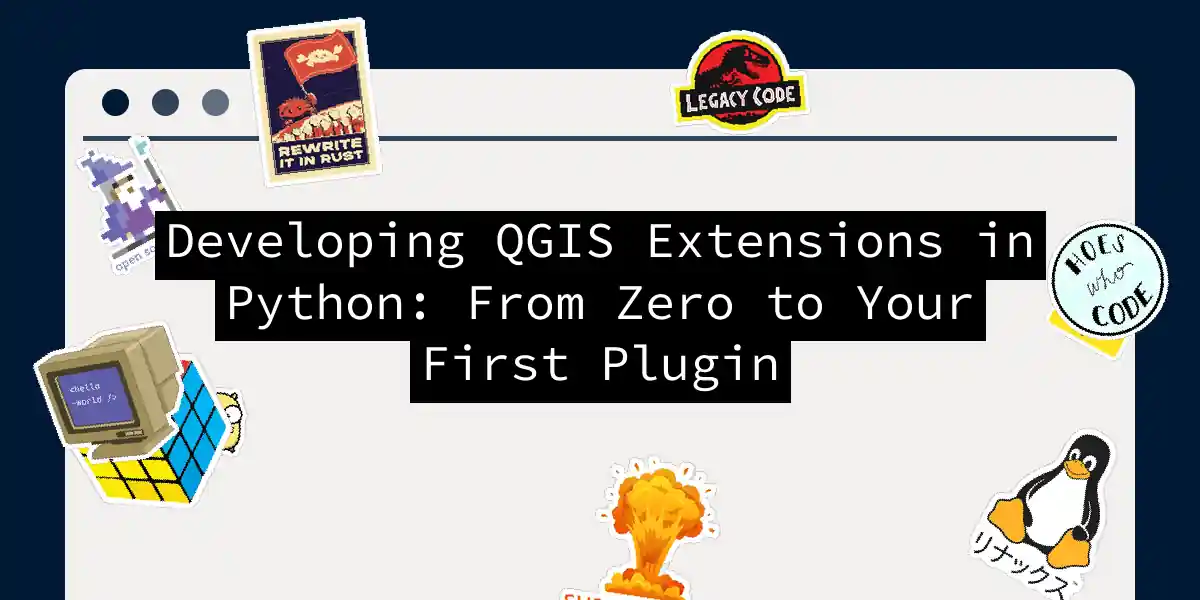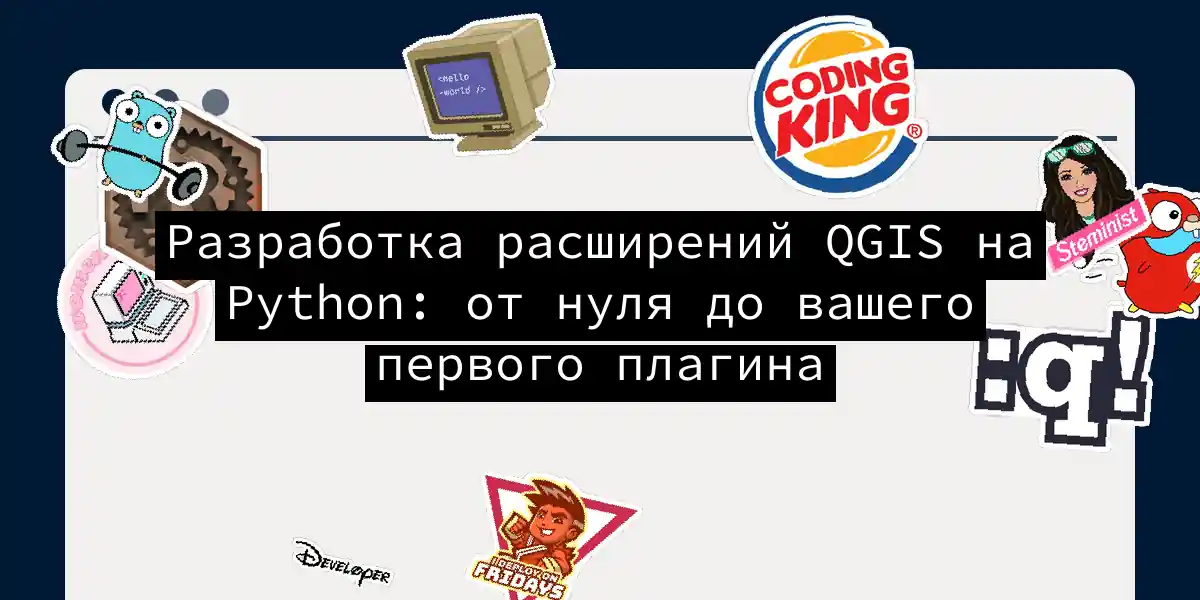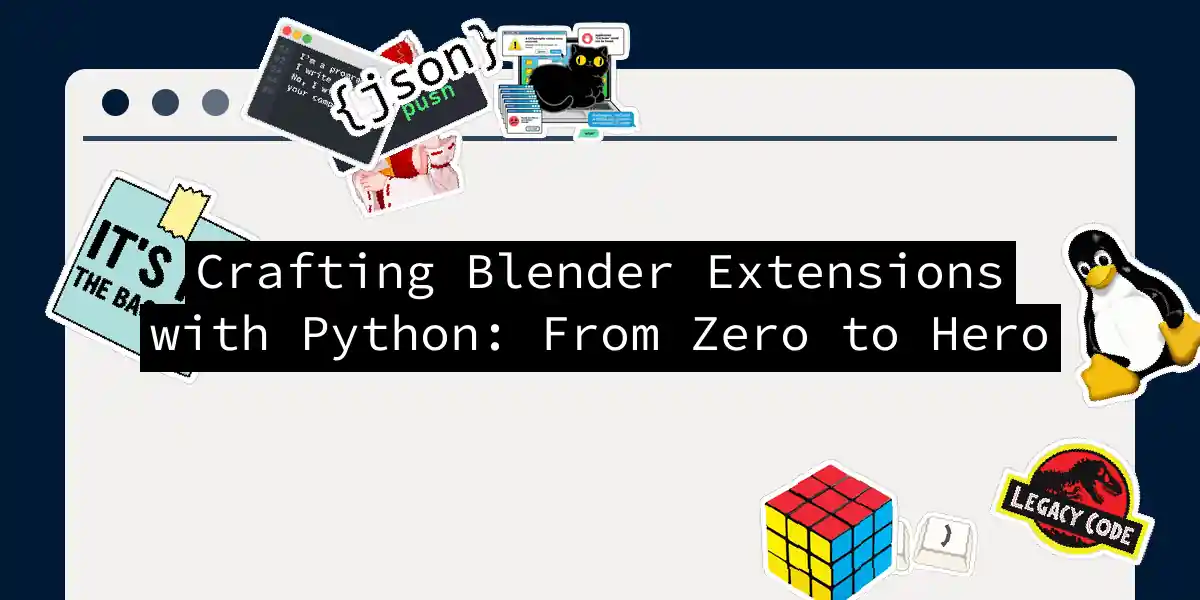
Building a Recommendation Engine for Online Courses: A Practical Guide to Collaborative Filtering
Remember that moment when you discovered a YouTube video that was exactly what you needed? That wasn’t magic—it was math. And today, we’re going to build something remarkably similar for online courses. If you’ve ever wondered how platforms like Coursera or Udemy seem to know what you want to learn next, buckle up. We’re diving into the beautiful world of collaborative filtering. Why Recommendation Systems Matter (And Why They’re Not Just Hype) Let’s be real: the internet has too many courses....



